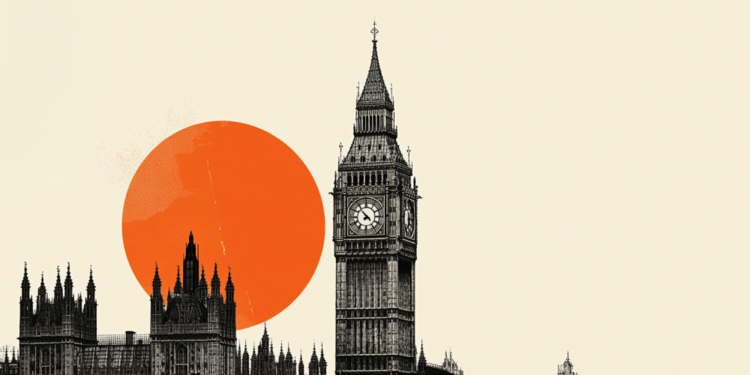United Kingdom (UK) Chancellor of the Exchequer Rachel Reeves denies introducing the wealth tax into the upcoming Autumn Budget in November, as we already have taxes on the wealthy community.
We will continue to take action to bear down on prices in the budget.
I’m determined we can bring inflation back to target.
We’re not going to be introducing a wealth tax in the budget, we already have taxes on the wealthy.
I would like more fiscal headroom but that comes with trade-offs on tax and spending.
Bigger fiscal buffer is useful, but there are trade-offs.
Current arrangements for OBR budget forecasts make it hard to have one fiscal event a year.
With volatility we have seen in markets, having a greater buffer would be useful.
I’m meeting with IMF’s Georgieva to discuss suggestions for changes to OBR forecasts.
China decision on rare earths is wrong, dangerous for world economy.
I welcome a greater G7 focus on where we get critical minerals from.
We do need to make sure we are attractive for pharmaceuticals, including on pricing, but we need more investment flow in return.
We are working very closely with the pharmaceutical industry and US on tariffs.
Market reaction
The impact of UK Reeves’ comments seems insignificant. During the press time, the GBP/USD pair trades 0.3% higher to near 1.3440.
Pound Sterling FAQs
The Pound Sterling (GBP) is the oldest currency in the world (886 AD) and the official currency of the United Kingdom. It is the fourth most traded unit for foreign exchange (FX) in the world, accounting for 12% of all transactions, averaging $630 billion a day, according to 2022 data.
Its key trading pairs are GBP/USD, also known as ‘Cable’, which accounts for 11% of FX, GBP/JPY, or the ‘Dragon’ as it is known by traders (3%), and EUR/GBP (2%). The Pound Sterling is issued by the Bank of England (BoE).
The single most important factor influencing the value of the Pound Sterling is monetary policy decided by the Bank of England. The BoE bases its decisions on whether it has achieved its primary goal of “price stability” – a steady inflation rate of around 2%. Its primary tool for achieving this is the adjustment of interest rates.
When inflation is too high, the BoE will try to rein it in by raising interest rates, making it more expensive for people and businesses to access credit. This is generally positive for GBP, as higher interest rates make the UK a more attractive place for global investors to park their money.
When inflation falls too low it is a sign economic growth is slowing. In this scenario, the BoE will consider lowering interest rates to cheapen credit so businesses will borrow more to invest in growth-generating projects.
Data releases gauge the health of the economy and can impact the value of the Pound Sterling. Indicators such as GDP, Manufacturing and Services PMIs, and employment can all influence the direction of the GBP.
A strong economy is good for Sterling. Not only does it attract more foreign investment but it may encourage the BoE to put up interest rates, which will directly strengthen GBP. Otherwise, if economic data is weak, the Pound Sterling is likely to fall.
Another significant data release for the Pound Sterling is the Trade Balance. This indicator measures the difference between what a country earns from its exports and what it spends on imports over a given period.
If a country produces highly sought-after exports, its currency will benefit purely from the extra demand created from foreign buyers seeking to purchase these goods. Therefore, a positive net Trade Balance strengthens a currency and vice versa for a negative balance.
Read the full article here


